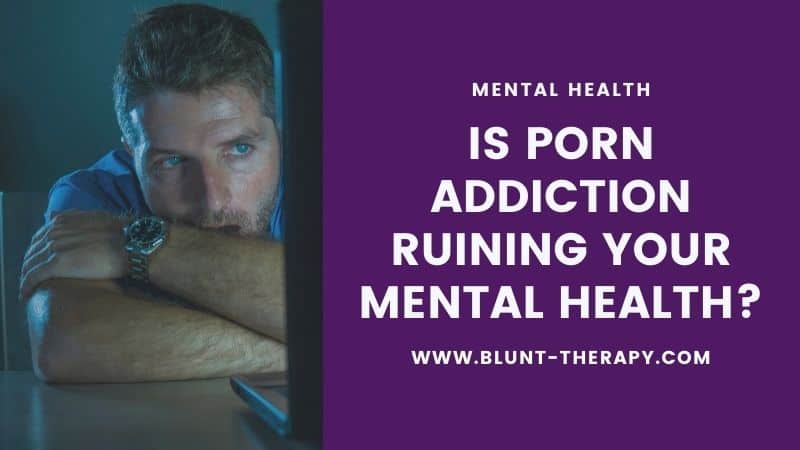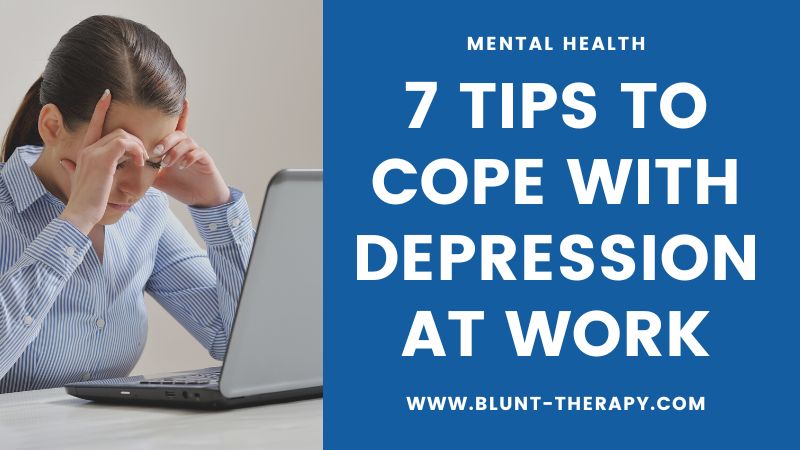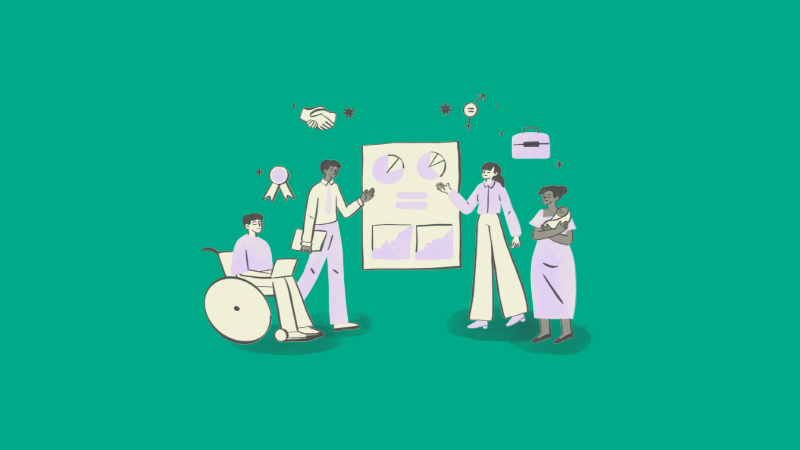Table of Contents
Affiliate link notice: As an affiliate of BetterHelp and other third-party vendors, We will receive compensation if you make a purchase using the links provided on this page. For more information, visit our disclosure page.
Last Updated on December 12, 2021 by Randy Withers, LCMHC
Teenage substance abuse is a problem all parents need to be prepared to address.
Teens are at a point in their life where they’re constantly seeking to explore and go beyond the boundaries enforced by their parents. Unfortunately, alcohol and drugs are often part of this exploration.
Given that about 9 out of 10 adults with substance use disorders started misusing substances in their teens, there is strong evidence to suggest that adolescents are particularly vulnerable to the negative effects of drugs and alcohol.
If you suspect your teen is using drugs, the first thing you should do is learn about treatment options in your area.
Substance use disorders are not all created equally, and neither are the treatments for them. Depending on the severity of the situation, your teen may need:
- Individual counseling
- Group therapy
- Medically-monitored detoxification services at a hospital
- Long-term inpatient rehabilitation.
Perform a simple Google search for “addiction treatment services near me” and you will see dozens of options in your area. Unfortunately, drug addiction is an epidemic, so there will be no shortage of choices.

Teenage Substance Abuse Warning Signs
Drugs and alcohol affect people in different ways. Some warning signs of teenage substance abuse are easy to spot. Others are more subtle. In general, be on the lookout for:
- Poor school/work performance
- Behavioral changes
- Lying and evasiveness
- Running with “the wrong crowd”
- Erratic mood changes and/or depressed mood
- Isolation
- Physical changes, including sunken eyes or weight loss
- Withdrawing from normal activities like sports and clubs
- Fatigue and excessive sleeping
If you notice any of these changes, it’s important to take your teen to a medical provider for evaluation and diagnosis.
7 Tips For Parents Dealing with Teenage Substance Abuse
While treatment is an important step, parents need to know how to help their teen, both before and after treatment concludes. Here are 7 tips for parents.
1.) Try to stay calm
If you catch your teen doing drugs or if you have a strong reason to believe that they might be doing so, the first thing to do is try to remain calm.
Realistically, not every parent can remain calm under the circumstances, especially if the drug is something especially dangerous like opioids or methamphetamines.
Regardless, there should be an effort to not escalate the situation, otherwise, your child might be less likely to accept attempts at treatment, if needed.
2.) Take time to assess the situation
You don’t have to say or act on anything immediately. It’s almost always better to leave and take time to calm down and think things through.
Make sure you saw what you thought you saw. Getting angry with your teen or telling them off about their drug use when you have no actual evidence can be especially damaging to your relationship, perhaps more so if they were not using drugs to begin with.
Also understand that, while risky, not all kinds of drug use are on the same level. Nicotine or cannabis use are not the same as opioids or cocaine.
And just because your child has been caught with drugs once, it doesn’t mean that they have an addiction or substance use disorder.
However, you should also take care to not dismiss the drug use altogether.
3.) Talk to Your Spouse
It’s important to involve any other person with parenting responsibilities. Many teens caught doing drugs may try to play one parent off the other to get leverage. This is called “Triangulation.” Don’t fall for this trap.
It’s crucial that everyone with parenting responsibilities understands what happened and agrees to the steps that should be taken next.
Parents must present as a unified front, or your teen will attempt to ally themselves with the “weaker” parent to manipulate the situation to their advantage.
4.) Talk to your Teen
This is a necessary but difficult step. Tell your child how you and the other parent feels about the drug use.
They might get angry, deny their drug use, or otherwise stonewall you. Try not to return these actions with anger or negativity. Make it clear that it’s the drug use you find objectionable, not them.
Some general tips for positive communication with your teen:
- Avoid “you” statements as they make teens defensive
- Use “we” statements, as in “we have a problem.”
- Begin your sentences with “I feel” as in “I feel worried about your drug use.”
- Be mindful of your tone and body language.
It’s also important to let them know that everyone makes mistakes and that mistakes do not define us. However, it should be made clear your teen needs to accept responsibility for their actions, and take an active role in their recovery.
By framing teenage substance abuse as a problem the family needs to overcome, as opposed to just the teen, it will help establish a tone of collaboration, which is vital for long-term recovery.
5.) Set clear boundaries
In your conversations with your teen, it is important to set limits and expectations for their behavior.
While appropriate punishment of some sort might be necessary for the drug use, it’s important to also reward desired behavior. This can show them that you do care for them and can shape the context of how they would experience treatment for drug use, should it be necessary.
As a general rule, parents should never threaten a teen with a consequence that they are unwilling to enforce. Set realistic and healthy boundaries, and be prepared to hold your teen accountable for their actions.
Some general tips:
- Consider random in-home drug testing
- Establish a curfew and insist on knowing where your teen will be when not at home
- Obtain your teen’s passcode for their phone and computer and let them know you will be monitoring their communication for the time being
Try to avoid the temptation to ground your teen and force them to stay in their room. This only serves to isolate your teen and make them feel like a prisoner in their own home. Teens with substance use disorders need healthy social connections in order to recover.
6.) Take them to see a licensed addictions professional
In most cases, it might not be best to send them off to rehab immediately. Drug rehab is meant for people with a serious substance use disorder.
Parents are often unsure of the best treatment option. The good news is they don’t have to be. Before a person enters treatment, they are first assessed my a licensed addictions professional, who will then determine the best course of action.
If you are unsure where to begin, start with your teen’s primary care physician. They can help facilitate an appropriate referral for additional evaluation and treatment recommendations.
Thankfully, most teen drug use does not lead to lifelong substance addiction. By taking them to get a proper evaluation, you can better decide whether entering them into a drug rehab program is warranted.
Both you and your teen may also be better able to work through any other mental health issues that may have contributed to the drug use.
7.) Choose the right counseling or rehab programs, if needed
If it does turn out that your teen has a substance use disorder, your doctor may recommend they see a counselor or enter some type of treatment and rehab program.
If it comes to that, be sure to take the time to search for programs specifically designed for teens. Programs designed for adults may be ineffective on teens, as younger people may find it difficult to relate to others in that context.
In most cities, there are many residential and outpatient programs specifically designed for teenagers. If there’s a chance your child may be exposed to friends that use drugs, consider a residential program or moving them elsewhere to start outpatient treatment.
Final Thoughts
Teenage substance abuse is a serious matter for parents. The best thing you can do is to stay calm and discuss the matter with your spouse so you can decide what’s best for your child.
It is best to approach teenage substance abuse from a mental health perspective, because it often is. Teens use drugs for the same reasons as adults.
Often, it is a form of self-medication to numb the effects of depression, anxiety, low self-esteem, and a host of other mental health-related issues.
By approaching the situation with mental health in mind, you can make logical decisions about treatment that not only help your teen but that also preserve your relationship.
References
- Teen Substance Use & Risks
- Teen Drug Abuse – Signs of Teenage Drug Use
- NIDA for Teens
- Mental Health Disorders and Teen Substance Use









